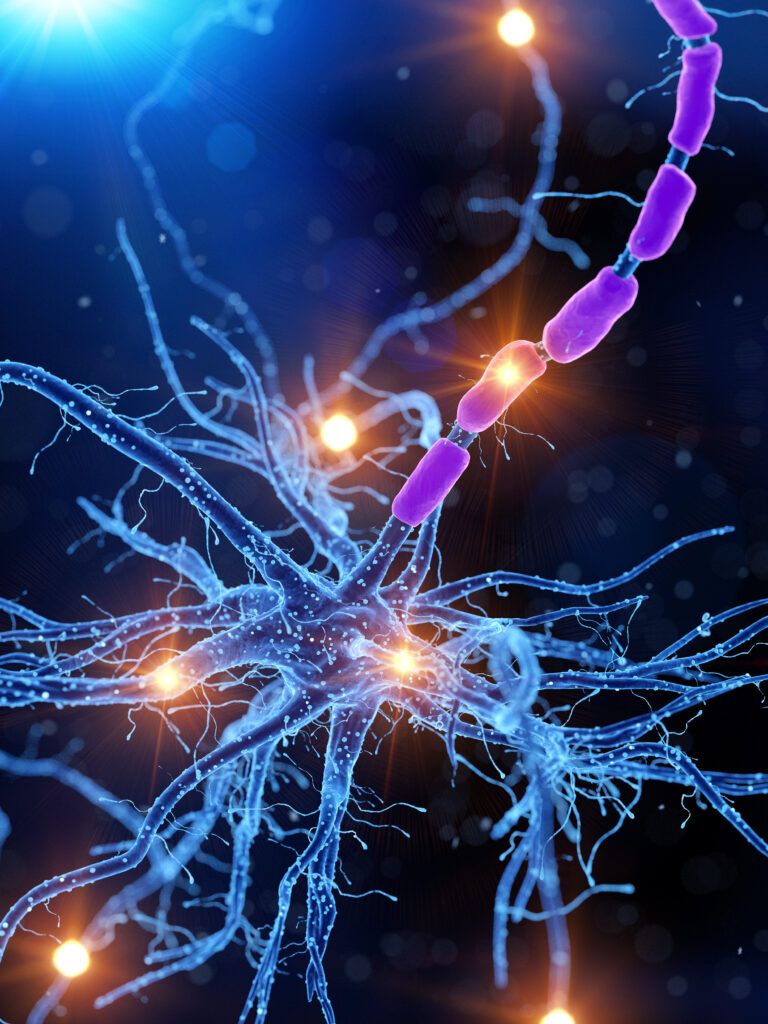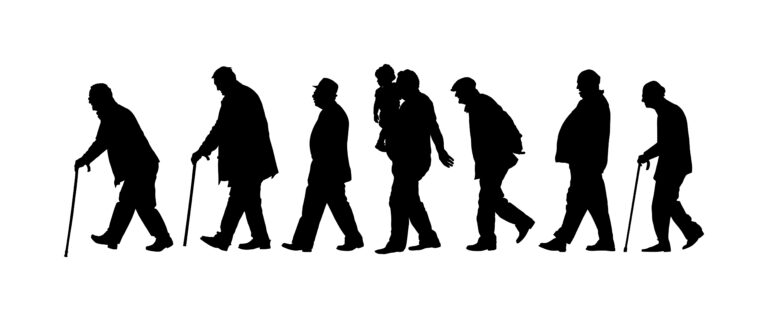Ancient myths and legends have always fascinated us with their larger-than-life characters, epic battles, and magical creatures. But could these ancient tales hold clues to treating one of the most prevalent and devastating diseases of our time – dementia?
Dementia is a term used to describe a group of symptoms that affect memory, thinking, and social abilities severely enough to interfere with daily functioning. It is estimated that 50 million people worldwide are living with dementia, with Alzheimer’s disease being the most common type. As our population continues to age, the number of people affected by this disease is expected to triple by 2050.
With no known cure for dementia, researchers are constantly searching for new ways to prevent and treat it. And some believe that the key to unlocking this mystery may lie in ancient myths and folklore.
One such myth is the story of Gilgamesh, an ancient Sumerian king who embarked on a quest for eternal life after the death of his friend Enkidu. In his journey, Gilgamesh met Utnapishtim, who told him the story of a great flood and how he was rewarded by the gods with immortality. This tale may seem like just a fanciful legend, but it holds a deeper meaning when it comes to dementia.
According to experts, the search for eternal life in Gilgamesh’s story could be interpreted as a quest for a cure for dementia – a disease that robs people of their memories and sense of self. The idea of finding eternal life in this context could symbolize finding a way to preserve our memories and cognitive abilities, ultimately preventing or reversing dementia.
Another myth that could hold clues to treating dementia is the Greek legend of Orpheus and Eurydice. Orpheus was a talented musician who ventured into the underworld to bring back his beloved wife, Eurydice, from the dead. He was able to charm Hades, the god of the underworld, with his music, and Eurydice was allowed to return to the land of the living. However, there was one condition – Orpheus could not turn back to look at his wife until they reached the surface.
In this myth, Orpheus’ journey through the underworld can be seen as a metaphor for the progression of dementia. The deeper he goes, the more he loses himself and his memories, just as dementia slowly erodes a person’s cognitive abilities. And the one crucial rule of not looking back can be interpreted as a reminder to focus on the present and not dwell on the past, which is often a struggle for those with dementia.
These ancient myths may seem like mere stories, but they hold powerful messages that could provide insight into treating dementia. They teach us that there may be a way to preserve our memories and cognitive abilities, and that focusing on the present is crucial in managing this disease.
Furthermore, many ancient cultures have used natural remedies for various ailments, including dementia. For instance, several Chinese herbs, such as ginkgo biloba and huperzine A, have been used for centuries to improve memory and cognitive function. These herbs have been found to have antioxidant and anti-inflammatory properties that may protect brain cells from damage and delay the onset of dementia symptoms.
Moreover, traditional healing practices like Ayurveda in India and traditional Chinese medicine also incorporate lifestyle factors such as diet, exercise, and meditation in preventing and managing diseases like dementia. These practices promote overall well-being and aim to maintain a balance between mind, body, and spirit – an essential aspect of treating dementia.
In conclusion, ancient myths and folklore may hold valuable clues to treating dementia. These tales remind us that there may be a way to preserve our memories and cognitive abilities, and that focusing on the present is essential in managing this disease. Furthermore, traditional healing practices that have been passed down through generations may also provide insight into preventing and managing dementia. While we may not find a magical cure for this disease, exploring these ancient stories and practices may bring us a step closer to finding effective treatments for dementia.





